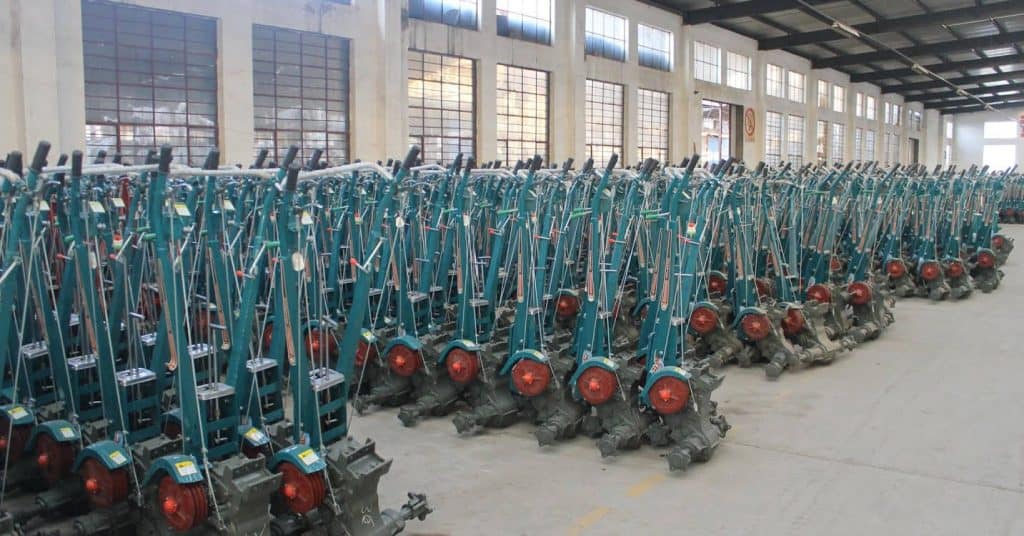
Japanese wholesale inflation slowed below 1% for the first time in just over 2-1/2-years in October, data showed on Monday, a sign that cost push pressures that had been driving up prices for a wide range of goods were starting to fade.
The slowdown in commodity-led inflation is in line with the Bank of Japan’s projections, and puts the spotlight on whether wages and household spending would increase enough to generate a demand-driven rise in consumer prices, analysts say.
“Wholesale inflation seems to have cooled as past declines in raw material and energy costs filter through domestic business-to-business prices,” said Takeshi Minami, chief economist at Norinchukin Research Institute.
The effect of government subsidies to curb gasoline and utility bills will likely lead to a slowdown in consumer inflation by the close of the fiscal year ending March 2024, he said.
“But the pace of slowdown in consumer inflation will be modest as labour shortages and higher wages will underpin service prices,” he said.
The corporate goods price index (CGPI), which measures the price companies charge each other for their goods and services, increased 0.8% in October from a year earlier, roughly matching a median market forecast for a 0.9% gain but cooling significantly from a 2.2% rise in September.
That marked the 10th straight month of slowing wholesale inflation with the year-on-year growth rate coming in below 1% for the first time since February 2021, the data showed.
The slowdown was due to declines in prices for wood, chemical and steel products, the data showed, highlighting the impact of falling global commodity costs.
The spike in wholesale inflation has prodded many Japanese firms to pass on higher costs to households, a trend that led the BOJ to upgrade its inflation forecasts in quarterly projections released in October.
The BOJ has said such cost-push inflation will dissipate, and must be replaced by price rises driven more by robust domestic demand in order for it to consider ending ultra-low interest rates.
BOJ Governor Kazuo Ueda has said Japan was making progress toward sustainably achieving the bank’s 2% target, signalling that conditions for exiting ultra-easy policy were gradually falling in place.